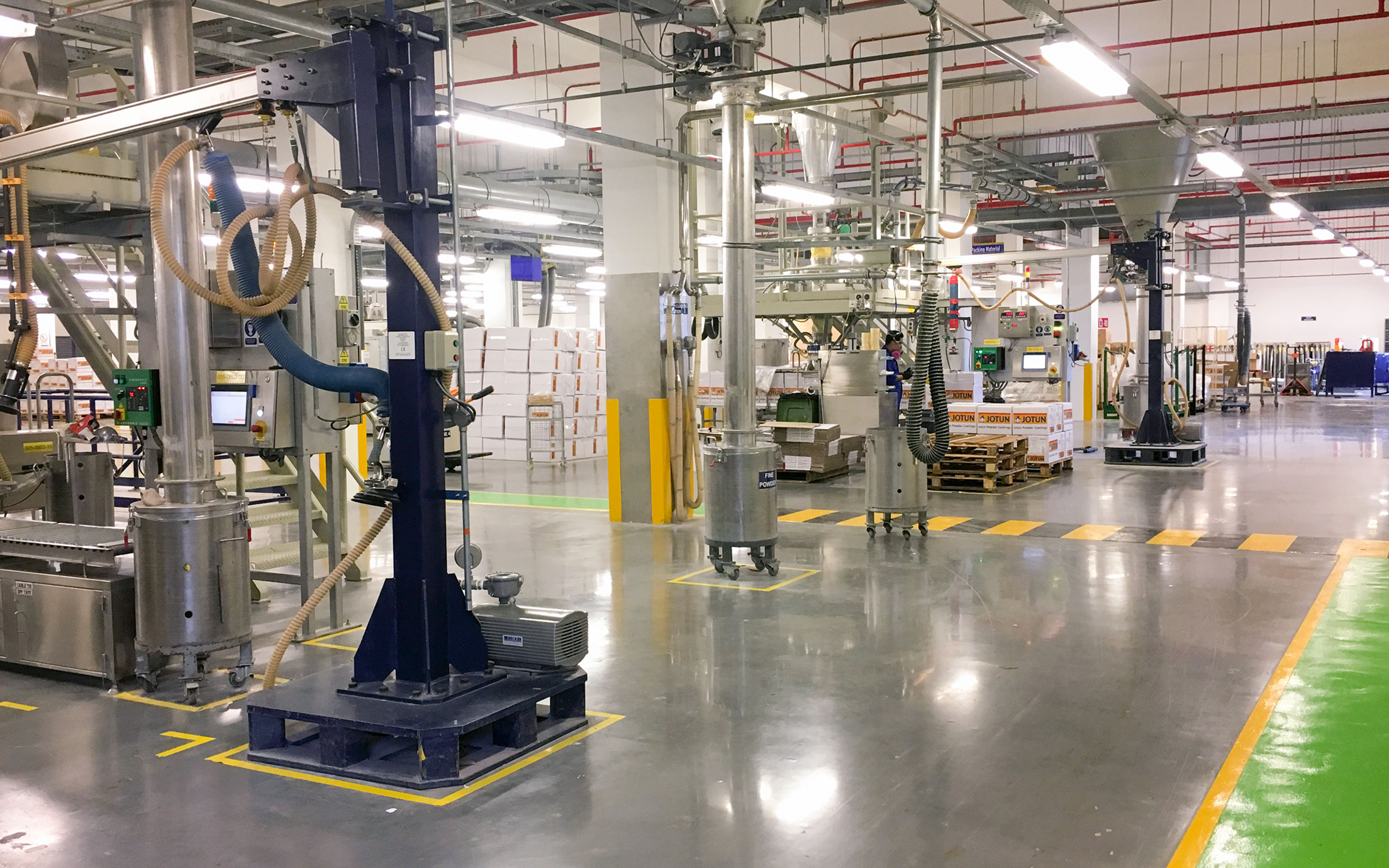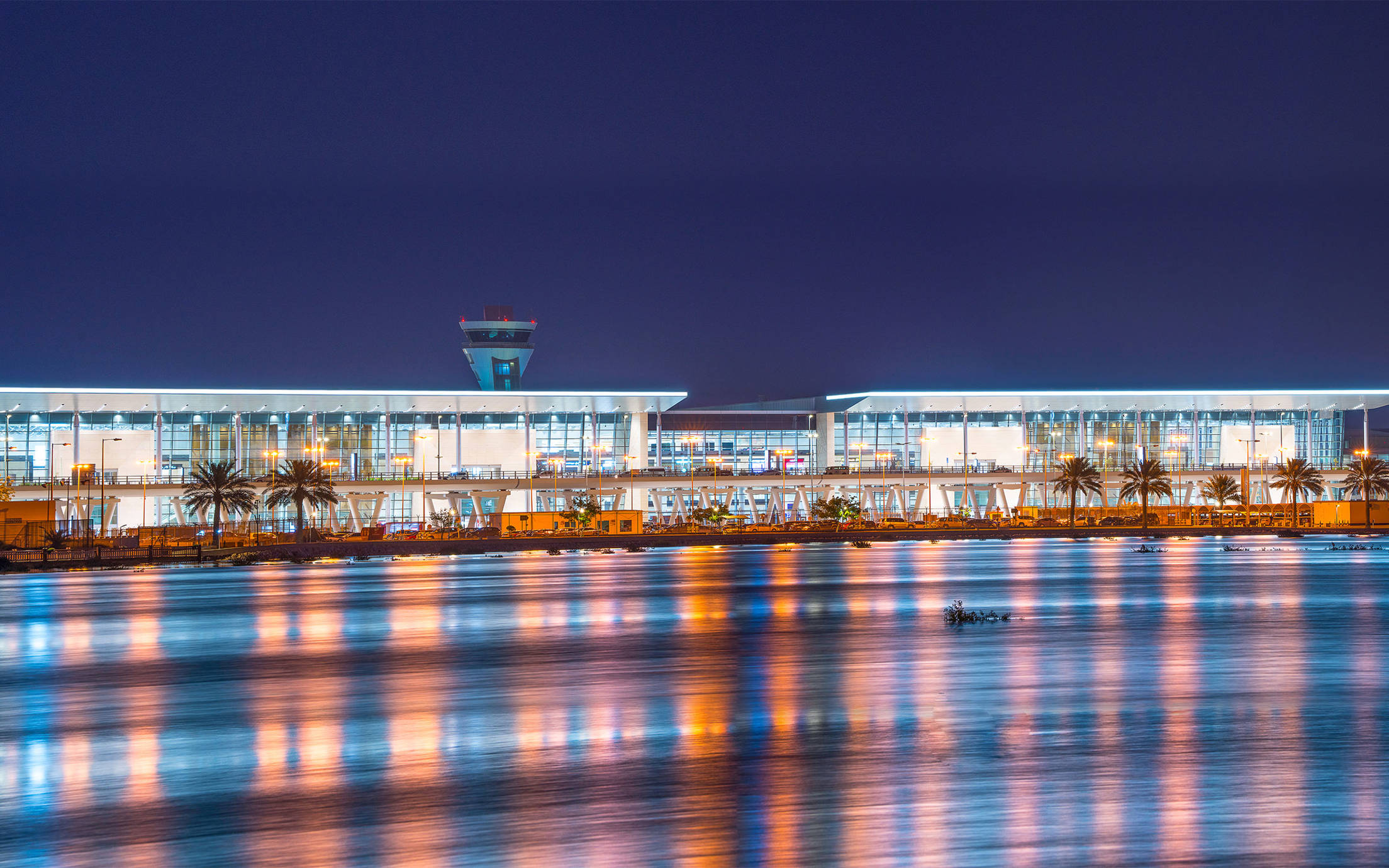
Hull Skating Solution
By combining robotics, big data and paint technology, this underwater robot can solve one of the oldest problems in shipping and help the shipping industry reduce its carbon footprint. Read on to discover how.

December 17, 2021
Born in Kuala Lumpur, Melvin Lee was raised by hard-working parents who made sure that he and his brother and sister got a good education. “I admire them for their work ethic and the sacrifice, and for teaching us the value of embracing new experiences and understanding diverse cultures,” he says. “In many ways and without knowing it, they helped prepare me for a career at Jotun.”
After completing his studies in 2003 at the Tunku Abdul Rahman College in Kuala Lumpur, Melvin attended the Malaysian Campus of Monash University, earning a degree in mechatronic engineering. “I was trained as an engineer, but shortly after I graduated, I saw an advertisement for an available position with Jotun. I recognised the brand of course, but I knew nothing about paint. I was surprised when they offered me a position.”
Melvin was accepted in the Jotun International Trainee Programme, an 18-month course which took him to Dubai and later, Norway. “I arrived the middle of winter, which was quite a shock, but I soon learned to appreciate the nature and changing seasonal landscapes.”
Melvin returned to Malaysia in 2010 where he was assigned to purchasing department, eventually becoming Regional Category Manager for the South East Asia region. “It was a great learning experience,” he says. “During that time, I got to know many of the colleagues that I now share offices with here in Sandefjord.”
The next few years would result in some dramatic changes in Lee’s life. In 2012, he moved to Norway to accept a job with Group Purchasing while simultaneously earning a master’s degree in Business Administration from the University of Strathclyde in the UK. (His master’s thesis, a study on the relationship between between Corporate Responsibility and Sustainable Purchasing, was supported by Jotun.) Somehow, he also found time to get married in 2014 to Tzi Wong. “Those were busy days,” he says. “Weddings in Malaysia tend to be quite large, so they take a lot of planning. We had 700 guests!”
But Melvin insists he is no workaholic. In fact, he appreciates the deliberate pace at the office in Sandefjord, which leaves more time for strategic thinking. He also admires how Norwegians manage the work-life balance. “I have a three year old son and now a baby daughter, so very much appreciate the support I receive from Norway and Jotun,” he says. “My kids are literally my life right now so it is important that I have flexible work hours, which helps me to integrate my work life with my responsibilities at home.”
After almost a decade in Norway, Melvin and Tzi have come to love their new home. “We both enjoy winter sports, and have travelled extensively within Norway, and the island of Svalbard in the Arctic Ocean, halfway between Norway and the North Pole. We also have taken two trips to Iceland, where we climbed on glaciers, explored ice caves, and saw the Northern Lights. It was fantastic!”
But as much as the Lees enjoy life in Norway, Melvin will not say how long he will remain in Sandefjord. “The world is a big place, and if some exciting new opportunity comes along, who knows?” he says. “That’s why I love working for Jotun – you are at home wherever you go!”

By combining robotics, big data and paint technology, this underwater robot can solve one of the oldest problems in shipping and help the shipping industry reduce its carbon footprint. Read on to discover how.

Can a structured, holistic approach work to improve the environmental performance of a global company, while cutting costs at the same time?

If there is one thing project managers and contractors may agree upon, it is that the best results often come as a direct result of cooperation, sharing knowledge and early involvement of key players. That was the case when Bahrain International Airport was undergoing a massive modernisation project.
A video is being shown
An image is being displayed
A brochure is being displayed